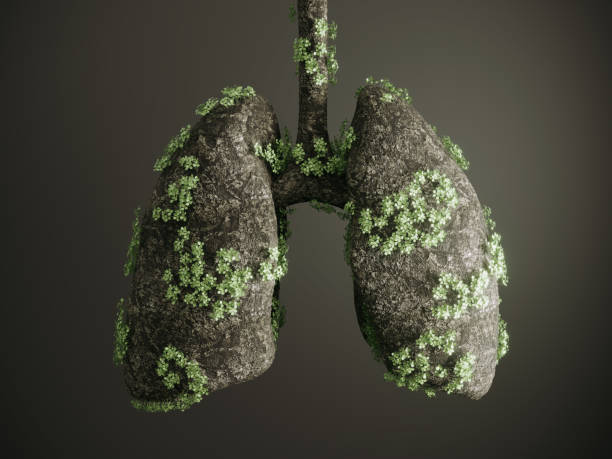The Health Benefits of Exercise

Exercise is a vital part of any well-being routine. It’s been shown to improve mood, reduce anxiety and increase brain function in people who are already prone to anxiety or depression. Exercise is also known to help with improving memory, learning, and cognitive function. Many health programs promote the idea that physical activity is a key factor in preventing heart disease and cancer. But does this mean that we should be monitoring our calorie intake and measuring our heart rate too? Unfortunately, no. Exercising is more than just changing muscle groups and increasing heart rate. It’s about increasing blood flow, decreasing body temperature, and increasing antioxidant activity. These three factors are closely related to preventing and managing chronic inflammation.
Why climate change is threats our health
One of the most obvious reasons that climate change poses a threat to our health is through increased indoor air pollution. The average indoor space in a house is made up of around 6.1 square feet (1.2 m2) of packed earth. This space contains over 2,000 metric tons of carbon emissions depending on the season and location. Add in the fact that this space is often used to storing industrial waste and you have a serious problem. Another important reason climate change poses a threat to our health is through the increase in indoor water temperature. The average indoor temperature in a house is in the low to mid-90’s. This is the same temperature as the ocean and provides a great opportunity to reduce the number of hydration points in the house. People spend around one-quarter of their waking hours engaged in water activity – whether that be drinking, bathing, or washing dishes. Water temperature can be a significant factor in the prevention and/or treatment of chronic respiratory diseases such as Chronic Obstructive Lung Disease (COLD), Chronic Sinusitis, or Respiratory Syncytial Virus (RASTV).


